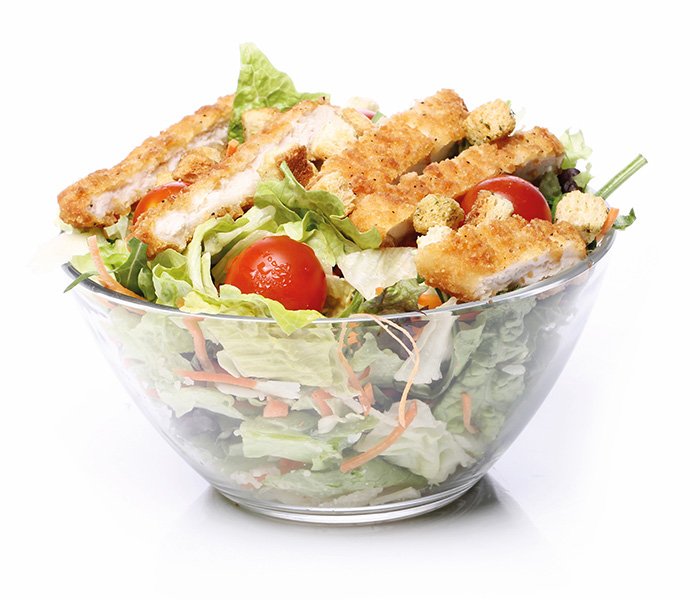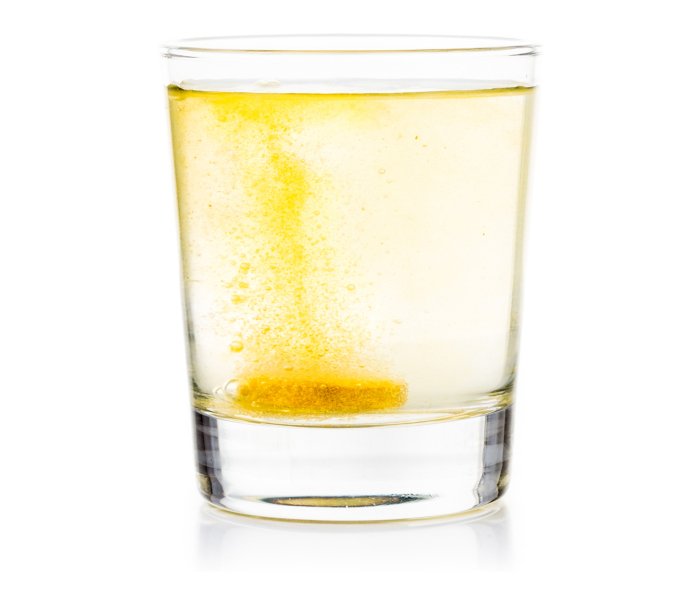Zinc Citrate
[546-46-3]
(C6H5O7)2Zn3 · 3H2O & (C6H5O7)2Zn3 · 2H2O
-
Questions
Send us an email via contact form.
Find your regional contact.
More information about Zinc Citrate:
General information
Zinc citrate is available as dihydrate and trihydrate and is produced by complete neutralisation of citric acid with a high purity zinc source, subsequent precipitation and dehydration.
Zinc citrate is mainly used in dental care products such as toothpastes, mouthwashes and chewing gums due to its antimicrobial and anti-inflammatory effects and its ability to reduce or inhibit the formation of dental plaque and tartar. In pharmaceuticals, zinc citrate fights common colds. Zinc is increasingly used in food supplements, functional foods and beverages.
As an organic mineral source it is preferred in many applications over inorganic sources because of its superior bioavailability, physiological compatibility and nearly neutral taste compared to other zinc salts.
Among the organic zinc salts zinc citrate has one of the highest zinc content (31%).
Zinc citrate is supplied as a white to almost white powder. It is practically odourless, slightly soluble in water, soluble in diluted acid and practically insoluble in ethanol (96%). Zinc citrate has an inverse solubility.
Specifications
Slightly soluble in water high mineral content (31%) zinc citrate trihydrate is specified according to food, pharma and oral care grade.
Zinc citrate dihydrate is specified according to the latest edition of the USP.
The following granulation types are available:
Zinc citrate trihydrate:
- Powder
Zinc citrate dihydrate:
- Powder
Zinc citrate is supplied in polyethylene lined paper bags with 25 kg net weight.
Properties
- Available as dihydrate or trihydrate
- White crystalline powder
- Odourless
- Neutral taste
- High mineral content (31%)
- Slightly soluble in water
- Highly bioavailable
- Antibacterial
- Antiinflammatory
- Allergen and GMO free
Main functions
- Highly bioavailable zinc source
- Antibacterial agent
- Anti-plaque in oral care products
Applications
-
Baby Food, Infant Formula
Functions:
- Enriches the zinc (Zn) content
- Enables use of nutrition claims
- Enables use of health claims
-
Cereals, Snacks
Functions:
- Enriches the zinc (Zn) content
- Enables use of nutrition claims
- Enables use of health claims
-
Confectionery
Functions:
- Enriches the zinc (Zn) content
- Enables use of nutrition claims
- Enables use of health claims
-
Dairy
Functions:
- Enriches the zinc (Zn) content
- Enables use of nutrition claims
- Enables use of health claims
- Dairy Alternatives
-
Desserts, Ice Cream
Functions:
- Enriches the zinc (Zn) content
- Enables use of nutrition claims
- Enables use of health claims
-
Fruit Preparations, Sweet Spreads
Functions:
- Enriches the zinc (Zn) content
- Enables use of nutrition claims
- Enables use of health claims
- Meat Alternatives
-
Plant-based Products
Functions:
- Enriches the zinc (Zn) content
- Enables use of nutrition claims
- Enables use of health claims

-
Carbonated Soft Drinks
Functions:
- Enriches the zinc (Zn) content
- Enables use of nutrition claims
- Enables use of health claims
-
Instant Drinks, Syrups
Functions:
- Enriches the zinc (Zn) content
- Enables use of nutrition claims
- Enables use of health claims
-
Juice Drinks
Functions:
- Enriches the zinc (Zn) content
- Enables use of nutrition claims
- Enables use of health claims
- Plant-based
- RTD Tea and Coffee
-
Sports and Energy Drinks
Functions:
- Enriches the zinc (Zn) content
- Enables use of nutrition claims
- Enables use of health claims
-
Waters
Functions:
- Enriches the zinc (Zn) content
- Enables use of nutrition claims
- Enables use of health claims

-
Clinical Nutrition
Functions:
- Enriches the zinc (Zn) content
- Enables use of nutrition claims
- Enables use of health claims
-
OTC, Food Supplements
Functions:
- Enriches the zinc (Zn) content
- Enables use of nutrition claims
- Enables use of health claims

-
Deodorants
Functions:
- Reduces and controls bacteria
-
Hair Care
Functions:
- Reduces and controls bacteria
-
Oral Care
Functions:
- Reduces and controls plaque
-
Skin Care
Functions:
- Reduces and controls bacteria
-
Soap and Bath Products
Functions:
- Reduces and controls bacteria

-
Agrochemicals, Fertilisers
Functions:
- Enriches the zinc (Zn) content

-
Pet Food
Functions:
- Enriches the zinc (Zn) content

- Mineral source

Legal Aspects
In Europe, zinc salts of citric acid are on the positive list of Regulation (EC) No. 1925/2006 on food fortification. They are also listed in Directive 2002/46/EC of the European Parliament and the Council relating to food supplements as vitamins and mineral substances which may be used in the manufacture of food supplements. Furthermore, it is listed as mineral salt in the EU Regulation (EC) No. 609/2013 on food intended for infants and young children, food for special medical purposes, and total diet replacement for weight control.
In the US, zinc citrate can be considered as substance classified as dietary ingredients according to FDC Act., § 201 (ff). In oral care products zinc citrate is classified as Class I active ingredient with respect to safety and a Class III active ingredient with respect to efficacy. Jungbunzlauer zinc citrate is self-affirmed GRAS (generally recognized as safe) in full compliance with the US Food and Drug Administration (FDA). According to self-affirmed GRAS assessment zinc citrate can be used for fortification of food (up to 100 % of Reference Daily Intake) and in dietary supplements (up to 15 mg of zinc).

Documents
Products smartfinder
Jungbunzlauer offers a broad variety of high quality products. Get the best matches for your application:
Services
Discover more.
Downloads
Get our latest literature and articles.
Careers
Be part of our journey.
Locations
Our global network represented in all major markets.





